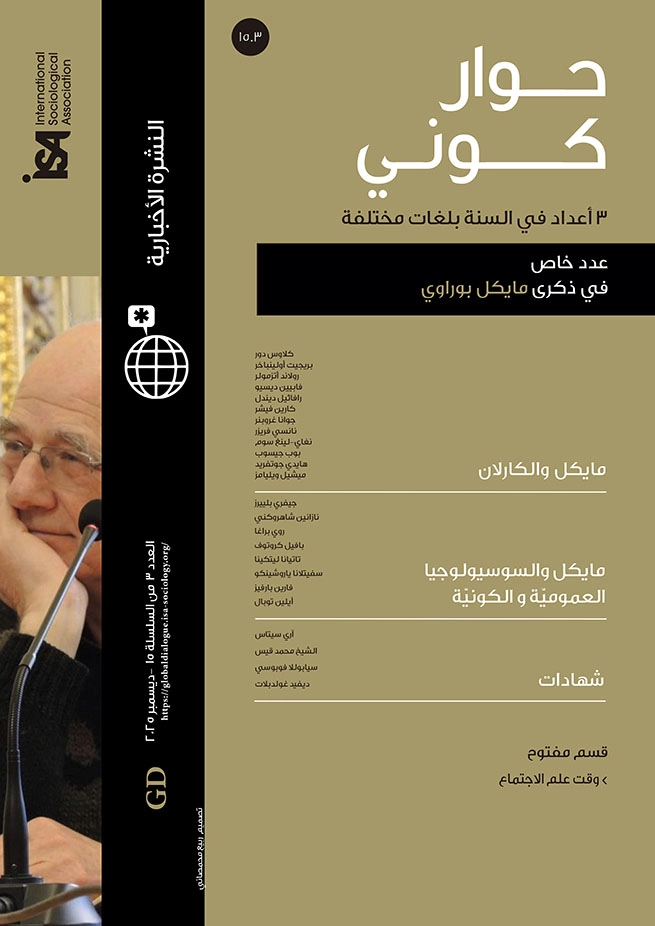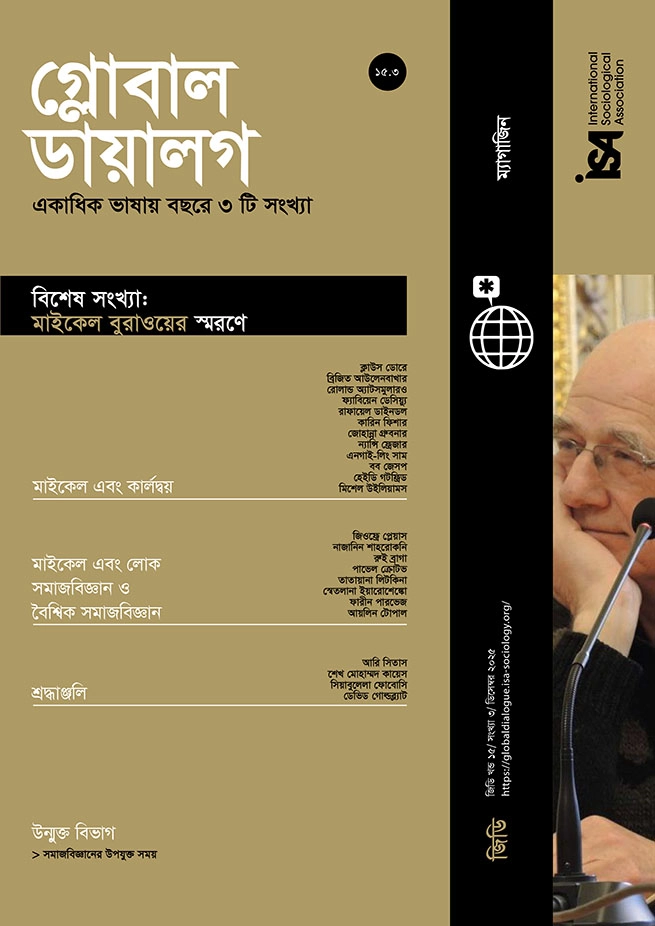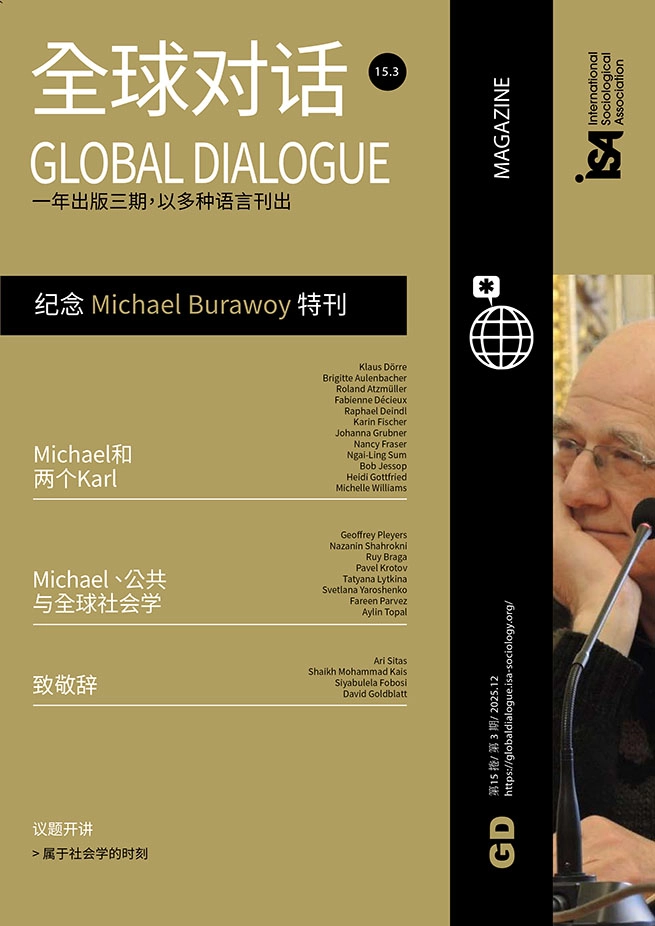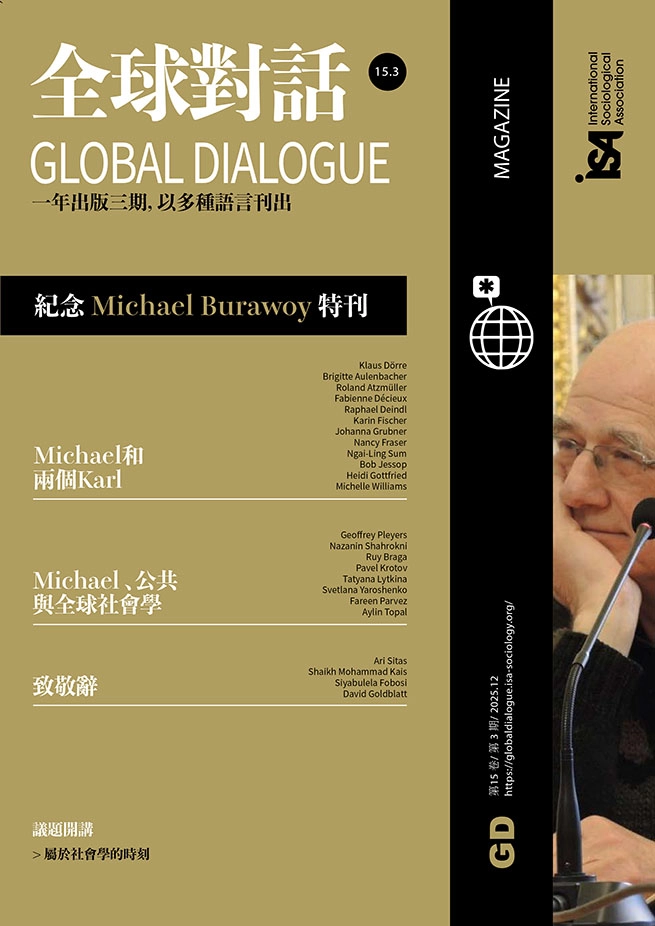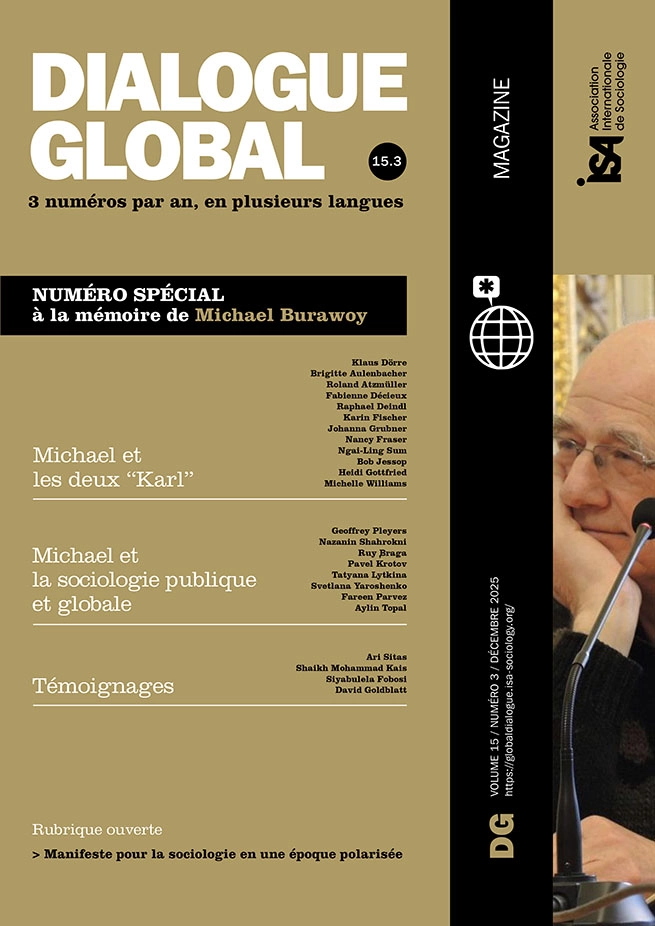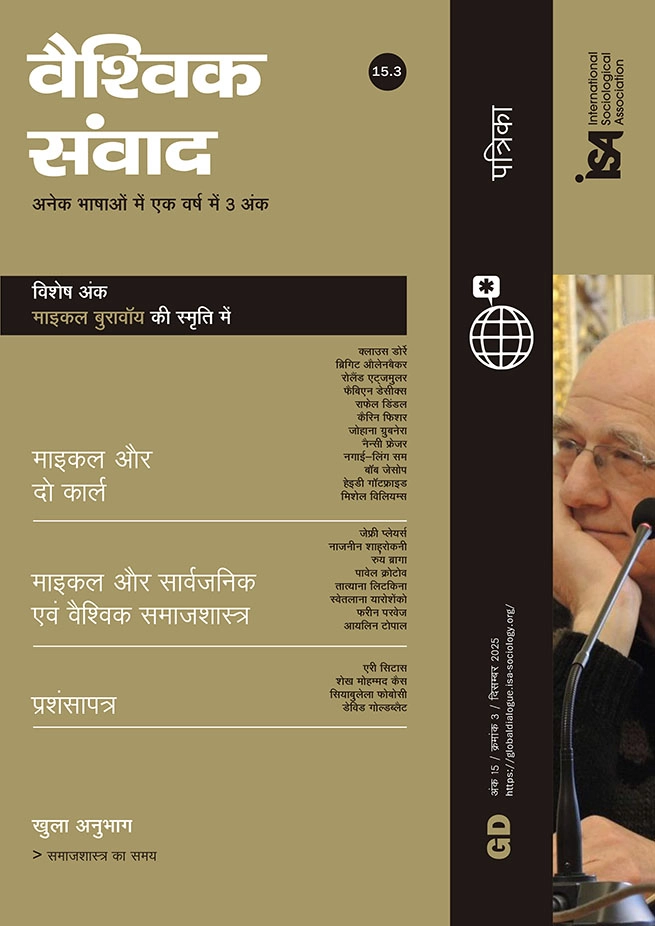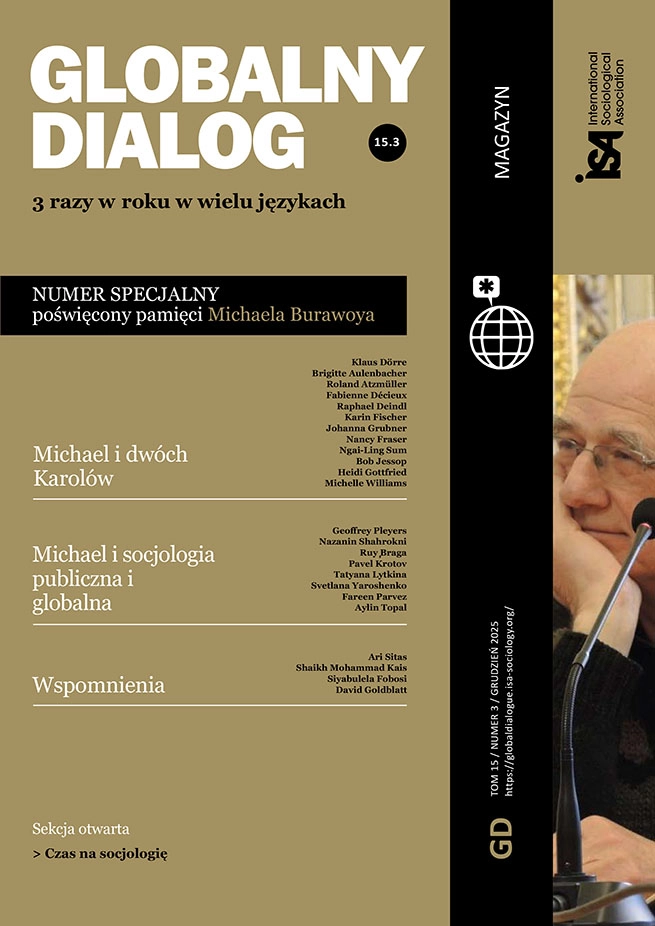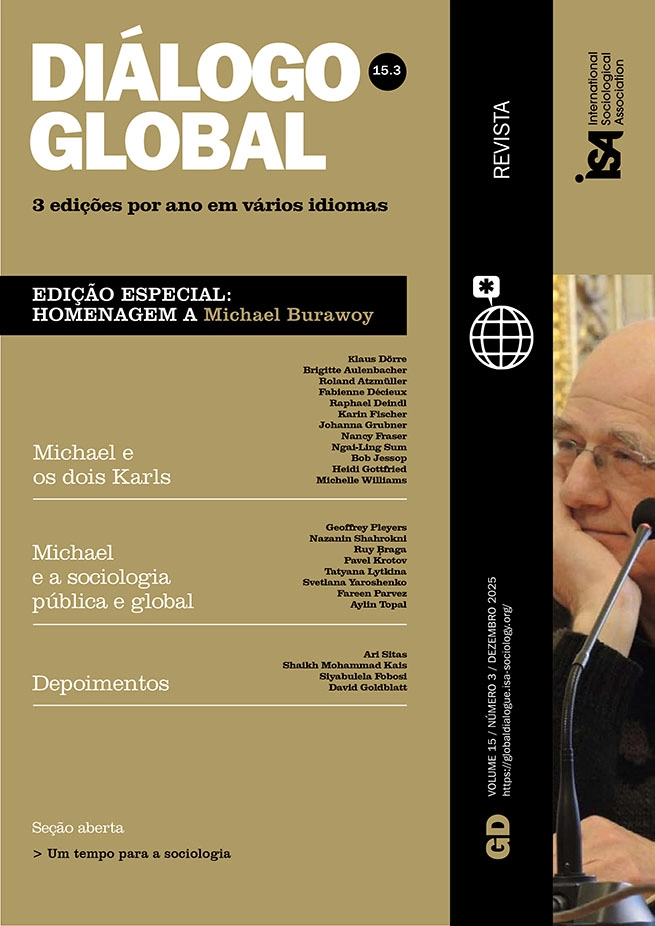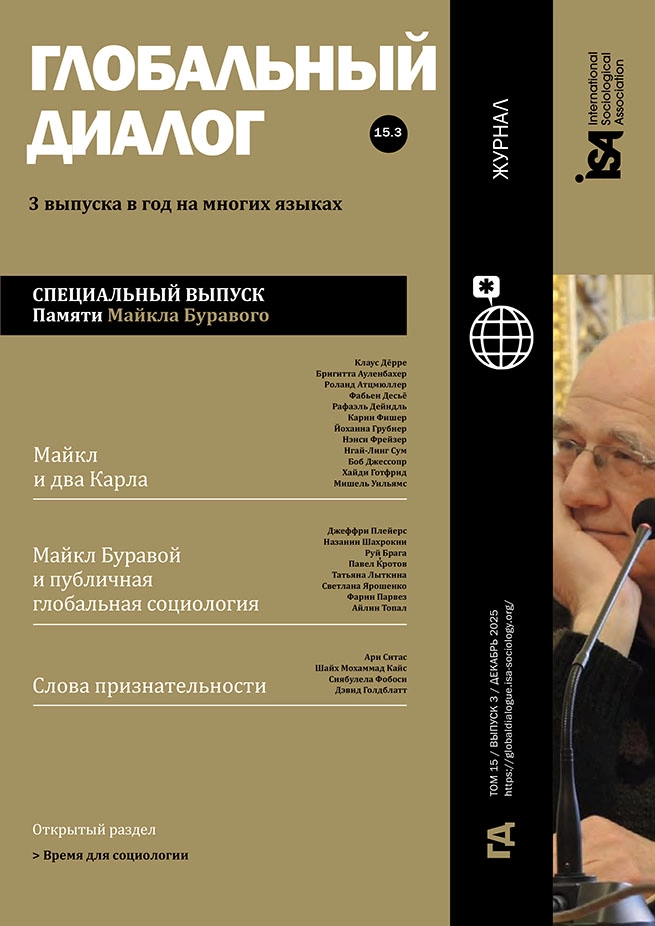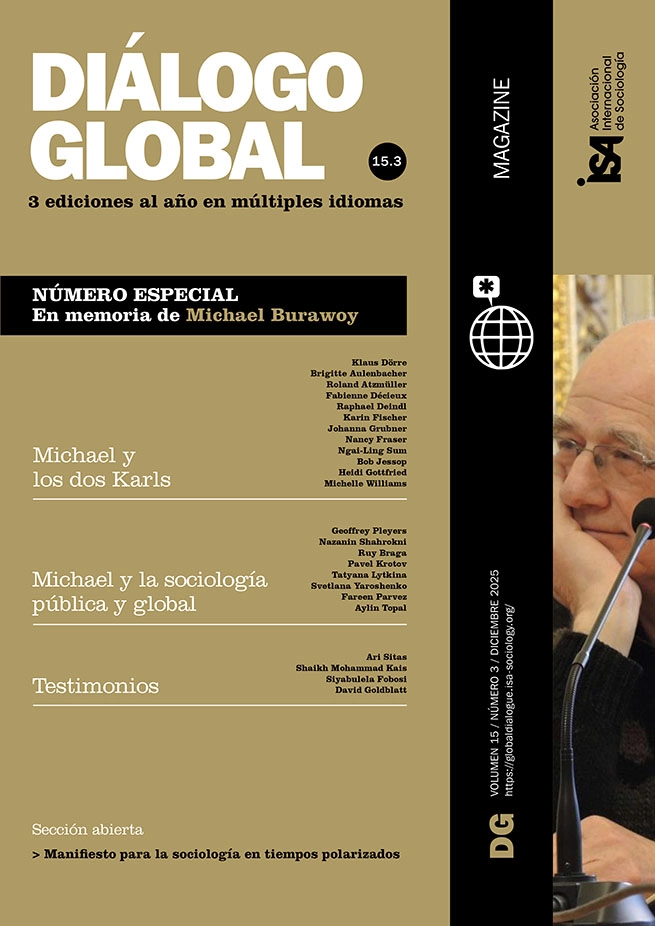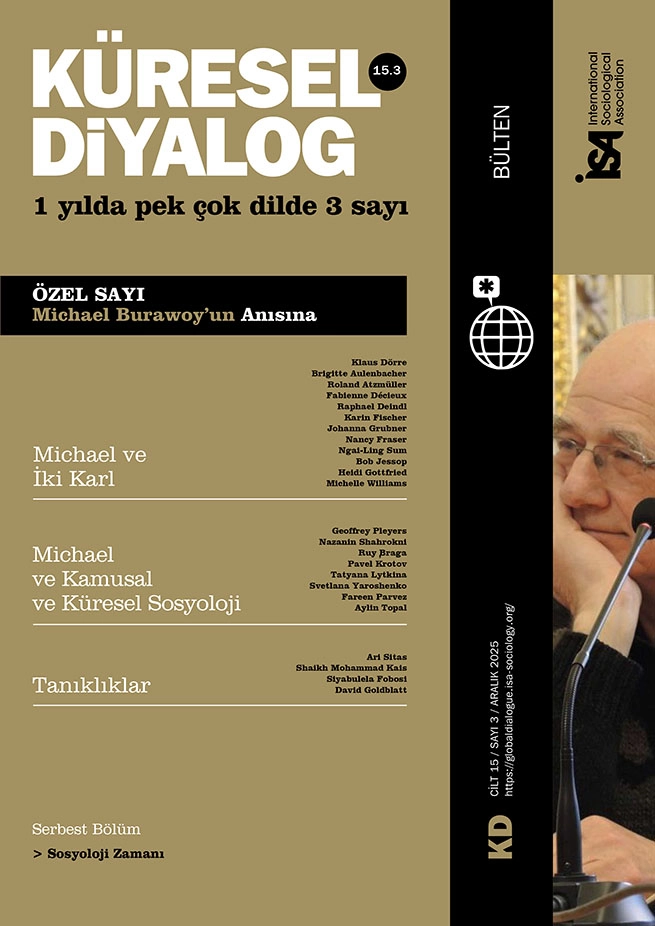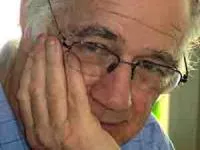Michael Burawoy: A Lighthouse
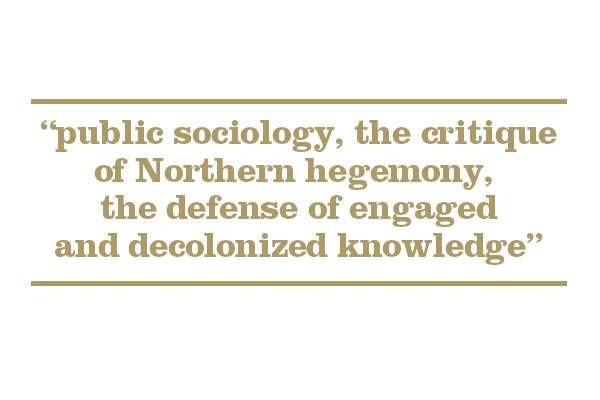
November 19, 2025
Professor Michael Burawoy has been a lasting source of inspiration for numerous sociologists from the Global South. He challenged the idea of “one sociology for all” and passionately defended the existence of “many sociologies around the globe.” His writings and speeches emphasized the pivotal role of sociology within the South, questioned the hierarchical global division of intellectual labor, and argued for theories grounded in the lived experiences of our societies.
Working in Bangladesh, I was profoundly influenced by his perspectives on a decolonized and emancipated sociology. I was introduced to Michael in 2008, when Professor Syed Farid Alatas invited me to participate in a conference in Taipei in 2009. I was still a very junior researcher, unsure of myself. Michael, with characteristic generosity, helped me shape my abstract and paper for that first international meeting. I will never forget that encouragement. Around the same time, I also received support from other senior scholars such as Professor Raewyn Connell, which further strengthened my commitment to exploring a distinctly Southern sociology.
Michael’s well-known framework of four types of sociology – professional, policy, critical, and public – pushed me to reflect on the state of sociology in Bangladesh. Out of that reflection, I developed the idea of what I later called “hybrid sociology.” By this, I mean a sociology that depends heavily on theories and methods imported from the North, while relying on empirical data from the South. This hybrid state is, in itself, a symptom of crisis: a discipline shaped by dependency, unable to stand on its own intellectual foundations fully. In much of the Global South, sociology has been shaped by such dynamics, drawing on external paradigms while neglecting indigenous knowledge and the realities of our own societies.
This hybridization does not happen by chance. It emerges in societies where certain conditions are widespread: dependency on external academic resources, the dominance of imported ideas over local creativity, the lingering effects of colonization, and the marginal position of Southern scholars in the global hierarchy of knowledge. These conditions create a sociology that looks outward for recognition and validation, rather than developing confidence in its own intellectual resources.
Bangladesh offers a clear example. In my country, sociology has long been vaguely defined as a discipline and continues to face theoretical, methodological, and institutional weaknesses. Universities struggle with structural and administrative crises. The discipline often imitates Eurocentric frameworks rather than generating theories rooted in local realities. Professional associations remain weak, while neoliberal reforms in higher education further erode the possibility of building a self-sustaining field. This situation has produced what I call a hybrid sociology – one that reflects the tensions, dependencies, and crises of our academic world.
Yet, this crisis also presents an opportunity. To transform sociology in Bangladesh and in other Southern contexts, we must reform curricula, generate theories and methods grounded in indigenous knowledge, demonstrate the practical relevance of sociology to our societies, strengthen national and regional associations, and encourage a generation of open-minded and self-reflexive scholars who are committed to their responsibilities in and for their communities.
In developing these ideas, Michael’s influence was decisive. He not only inspired me with his theoretical insights but also engaged directly with my own attempts to conceptualize hybrid sociology. He read my drafts, offered feedback, and encouraged me to refine my arguments. What impressed me most was not only his intellectual brilliance but also his humility. For a young, unknown scholar from Bangladesh to receive such attention from one of the leading figures of global sociology was both surprising and profoundly motivating.
Beyond his intellectual influence, I will never forget Michael for his warmth and humanity. At conferences, he was approachable, humorous, and generous with his time. I recall him asking me about the food and hospitality at Academia Sinica during a Conference in Taipei, and then jokingly announcing, “When Shaikh says it’s good, then it’s good indeed!” At the 2023 Melbourne World Congress, I found myself following him around, taking pictures together like a paparazzi. He laughed at my antics and played along with good humor. Later, when he learned about my election to the Executive Committee of the International Sociological Association (ISA), his congratulations were full of joy and genuine encouragement.
For me, Michael was truly a lighthouse. Just as ships rely on the guiding light to navigate through darkness, I relied on him for clarity and direction in the often-confusing world of global sociology. His legacy – public sociology, the critique of Northern hegemony, the defense of engaged and decolonized knowledge – has shaped my intellectual journey and will continue to guide many others in the Global South.
Michael also launched Global Dialogue, the magazine of the ISA, which created a platform for voices from around the world. Our team in Bangladesh had been considering hosting an international conference under its banner, and I had hoped to invite Michael to Dhaka. Sadly, that wish will never be fulfilled.
Dear Michael, your memory will remain forever etched in my heart. You illuminated paths for so many of us. May you rest in peace.
Shaikh Mohammad Kais, University of Rajshahi, Bangladesh <skais11@yahoo.com>

